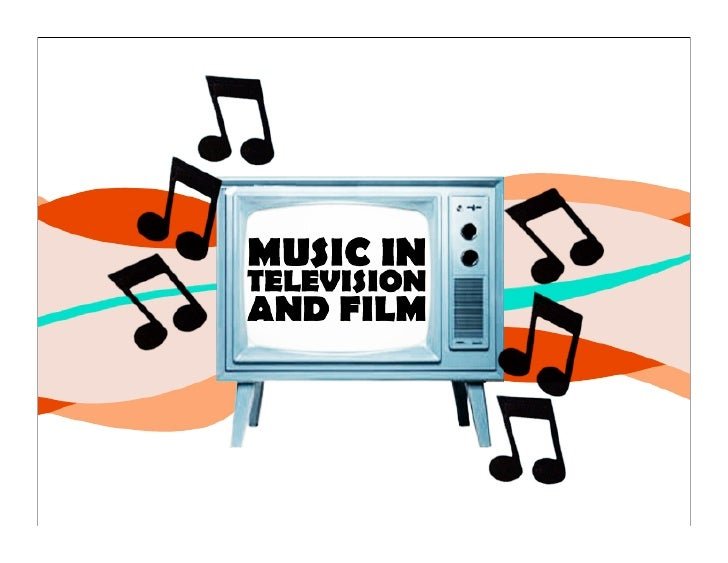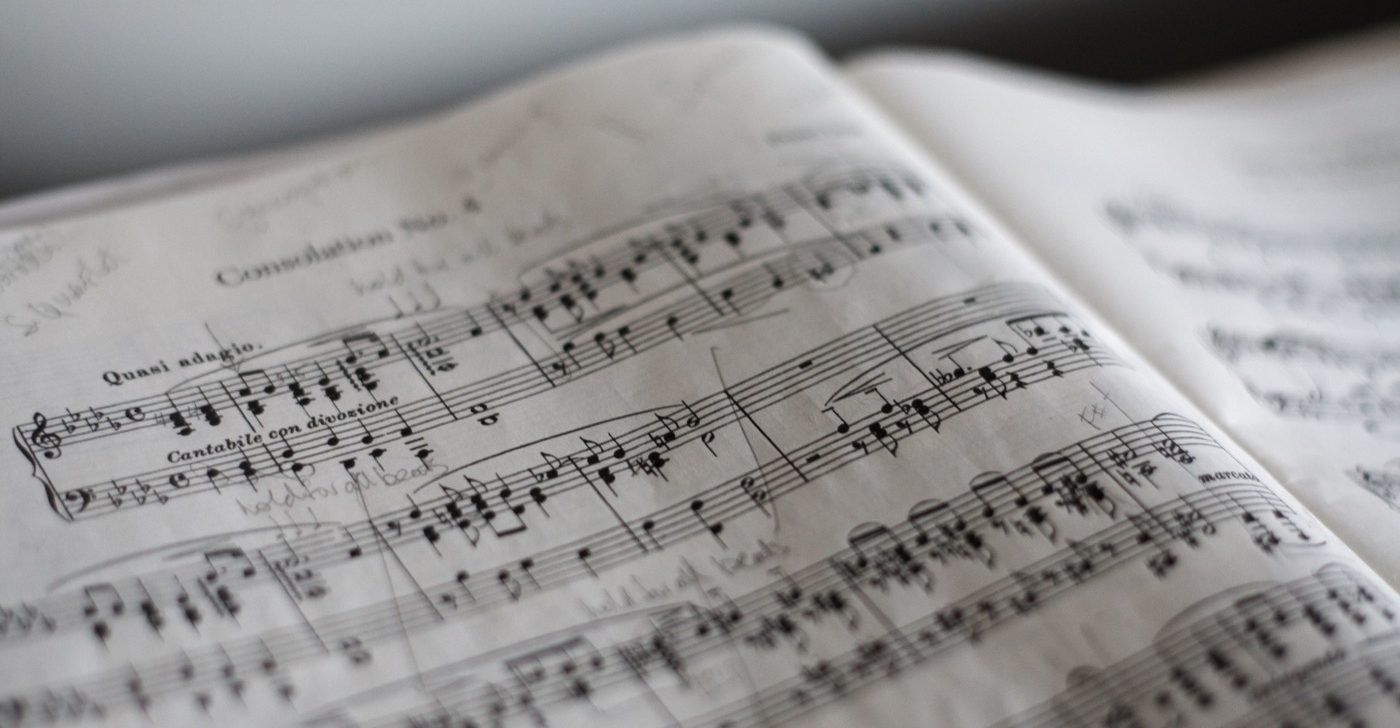The worlds of literature and music have always intersected, with one influencing the other in numerous ways. While authors craft stories, lyricists use words to express emotions and tell tales through songs. The relationship between these two roles is vital in the music industry, as their collaboration can result in songs that are as emotionally compelling as any novel. Whether it’s writing lyrics for a ballad or a rock anthem, lyricists borrow from the rich tradition of storytelling found in literature. This relationship can create profound artistic work, giving voice to powerful narratives through music.
1. Authors Inspiring Lyricists
Many lyricists draw inspiration from books, poems, and even authors’ biographies to craft their lyrics. Writers can influence the thematic elements of songs, providing material that lyricists can shape into compelling music.
- Literary Themes in Lyrics: Classic literature or poetry often explores universal themes such as love, loss, and conflict, which can easily translate into song lyrics. Lyricists may turn a novel’s exploration of human emotions into poignant lyrics that resonate with listeners.
- Character and Story Influence: Authors who create vivid characters and intricate plots give lyricists a pool of material to create songs based on those characters’ journeys. A novel’s protagonist might inspire a song that mirrors their personal growth or struggles, offering a deeper connection to the work itself.
2. Lyricists Incorporating Literary Techniques
Lyricists often adopt literary techniques from authors, such as metaphor, imagery, and storytelling, to enhance the depth and meaning of their lyrics.
- Imagery and Metaphors: Much like poets, lyricists frequently use imagery to paint pictures in the listeners’ minds. Drawing on literary devices, lyricists can create songs that evoke strong visuals, emotions, and stories—making the lyrics feel like a narrative.
- Narrative Structures: Just like authors organize their books around key events or plot points, lyricists use verses, choruses, and bridges to build a narrative within the confines of a song. The story is told in a more concise, lyrical form, but it still follows a structure that often mirrors the plot development of a short story or novel.
3. Collaborative Writing Between Authors and Lyricists
While authors and lyricists typically work in separate spheres, their collaboration can yield extraordinary results when combined. Many musicians and bands partner with novelists to create conceptual albums or pieces that tell a story through both music and words.
- Concept Albums: Many famous concept albums are the result of collaboration between authors and lyricists. The author provides the narrative, while the lyricist writes the lyrics, ensuring that the story is conveyed through song. This collaboration creates a multi-layered, immersive experience for the listener. For instance, authors might write the basic narrative of a rock opera, with lyricists contributing to the actual songs.
- Music and Literary Projects: Some authors have even ventured into writing lyrics for music. This crossover can lead to literary works that are transformed into songs, blending literary skill with musical composition to create impactful pieces of work.
4. Songwriting as a Form of Storytelling
Lyricists are storytellers in their own right, though their canvas is often much shorter and musical in nature. Like authors who build characters and plots, lyricists craft stories within the structure of a song, often aiming to evoke deep emotional responses.
- Song Lyrics as Short Stories: Many songwriters use their lyrics to tell a story in a similar fashion to an author writing a short story. These narratives may be personal or fictional, but they all aim to convey a specific message or theme. For example, a folk song might tell the story of a lost love, while a rock ballad could narrate a personal struggle or triumph.
- Connecting Music and Literature: The fusion of both elements—the music and the storytelling—can create a song that offers more than just entertainment. These songs invite listeners into a narrative world, providing them with a rich, emotionally layered experience that often mirrors the depth found in novels.
5. The Influence of Music on Literature
On the flip side, music can also influence authors. Writers may draw upon the emotions evoked by certain songs or the rhythm of lyrics when creating their literary works. Music’s role in stimulating creativity cannot be overstated, as it often acts as a catalyst for narrative development.
- Writing Inspired by Songs: Just as lyricists may be inspired by books, authors can be motivated by the themes or moods evoked by music. Some authors have even written entire novels based on the tone or message of a particular song. This collaboration between the two art forms enables writers to think in new and exciting ways, bringing fresh ideas into their literary creations.
6. Lyricists Bringing Literature to Life in Music
In some cases, lyricists may directly adapt written works into songs. Famous novels, poems, and even historical events have been adapted into music, where lyricists bring the story or characters to life through their words.
- Musical Adaptations of Classic Literature: Many classic novels have been transformed into musicals or songs. For example, the musical Les Misérables is based on Victor Hugo’s novel, with the lyrics capturing the essence of the characters and their struggles. Similarly, songs like Bob Dylan’s Desolation Row reflect the influence of literature, drawing from imagery and themes found in literary works.
- Poetry and Lyric Writing: Lyricists often look to poets for inspiration. Many great lyricists use poetry as a foundation for their work, borrowing from the rhythm and cadence of poems to create melodies and lyrics. This blending of poetry and music can produce deeply emotional and resonant songs.

7. Cultural and Emotional Impact of Lyrics
Just like authors, lyricists have the ability to tap into the cultural and emotional pulse of society. By embedding important social themes into their music, they can offer listeners a narrative that resonates with the zeitgeist or personal experiences.
- Songs as Social Commentary: Lyrics can serve as powerful commentary on societal issues, much like an author’s novel might tackle similar themes. A song with poignant lyrics can reflect issues like injustice, love, or personal transformation, leaving a lasting impression on the listener and offering them a sense of shared understanding.
- Songs as Personal Reflections: For many listeners, song lyrics are a deeply personal experience. Much like literature, a song can reflect their own feelings and experiences. Lyricists have the power to write words that speak directly to individuals, much in the same way that authors connect with readers.
Conclusion
The relationship between authors and lyricists is a dynamic and collaborative one, rooted in the shared goal of telling compelling stories. Whether through literary inspiration, co-writing projects, or exploring new forms of storytelling in song, both authors and lyricists continue to shape how we experience and understand narratives in music. By blending the creativity of literature with the emotional impact of song lyrics, this partnership can lead to remarkable works that resonate with audiences on a deeper level.











